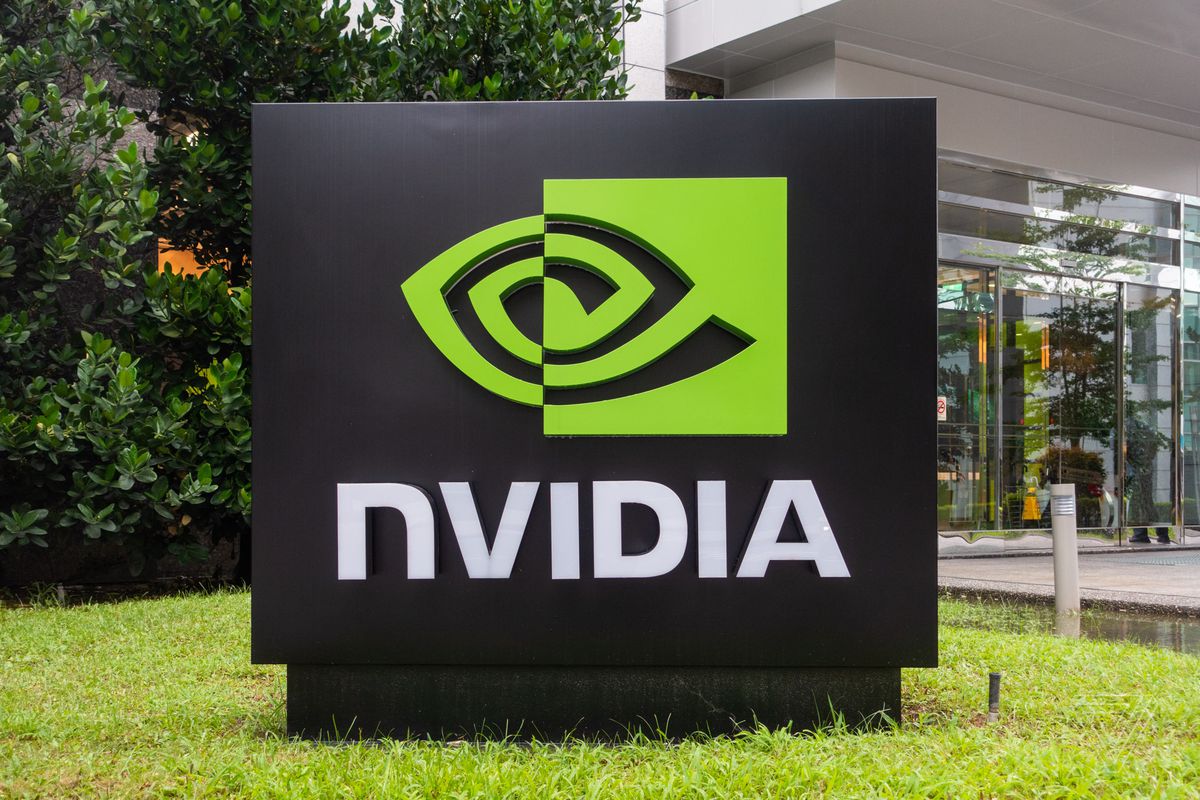Uncategorized
GTC 21, What went Down: Microsoft and Machine Learning.

NVIDIA GPU Technology Conference (GTC) attracts large crowds in the AI and Machine Learning community every year. The 2021 edition is a week-long PyTorch-focused event. Breakthroughs in AI, data center, accelerated computing, healthcare, gaming technology were highlighted.
Agents of the organization shared their most recent AI developments in numerous meetings, covering inferencing at scale, another capacity to train AI models across half and half conditions, and the presentation of the new PyTorch Profiler that will help information researchers be more effective when they’re investigating and investigating ML execution issues.
Microsoft and NVIDIA collaboration on AI
In each of the three cases, Microsoft has paired its own advancements, similar to Azure, with open source apparatuses and NVIDIA’s GPU equipment and advances to make these incredible new developments.
Inferencing is an energizing wing of AI to be in, on the grounds that it’s the progression at which groups like Microsoft Azure are conveying a genuine encounter to a client. For example, the Azure group worked with NVIDIA to improve the AI-controlled sentence structure checker in Microsoft Word.
Azure Machine Learning is an overseen stage as-a-administration stage that does the majority of the administration work for clients
Establishing a crossover climate can be testing, and the need to scale asset escalated ML model training can convolute matters further. Adaptability, spryness, and administration are key necessities.
GTC 21: Azure and Kubernetes
The Azure Arc framework lets clients with Kubernetes resources apply arrangements and perform security checking. All of this in a “solitary sheet of glass.” Now, the Azure Machine Learning reconciliation with Kubernetes expands on this foundation by broadening the Kubernetes API. In addition, there’s local Kubernetes code ideas like administrators and CI/CDs. A “specialist” runs on the group and empowers clients to do ML training utilizing Azure Machine Learning.
Notwithstanding a client’s blend of groups, Azure Machine Learning allows clients effectively to switch targets. Structures that the Azure Machine Learning Kubernetes local specialist upholds incorporate SciKit, TensorFlow, PyTorch, and MPI.
The local specialist smooths authoritative pinion wheels, as well. It eliminates the requirement for information researchers to learn Kubernetes. Also, the IT administrators who do realize Kubernetes don’t need to learn AI.





























